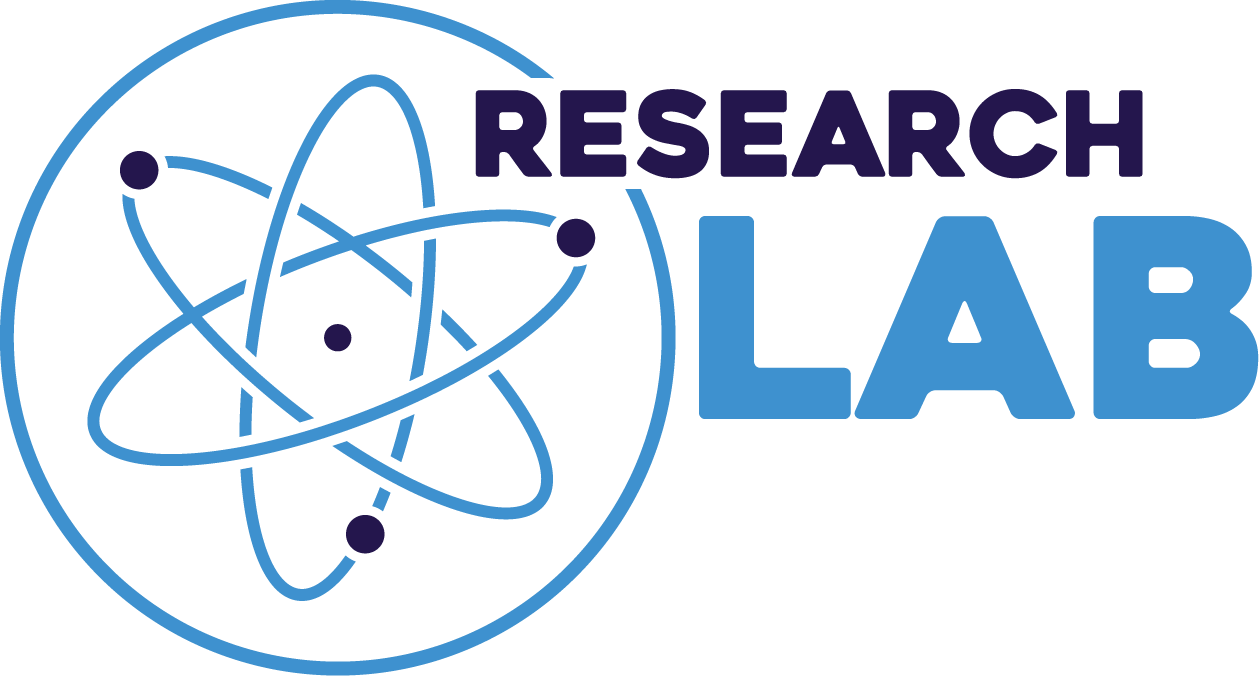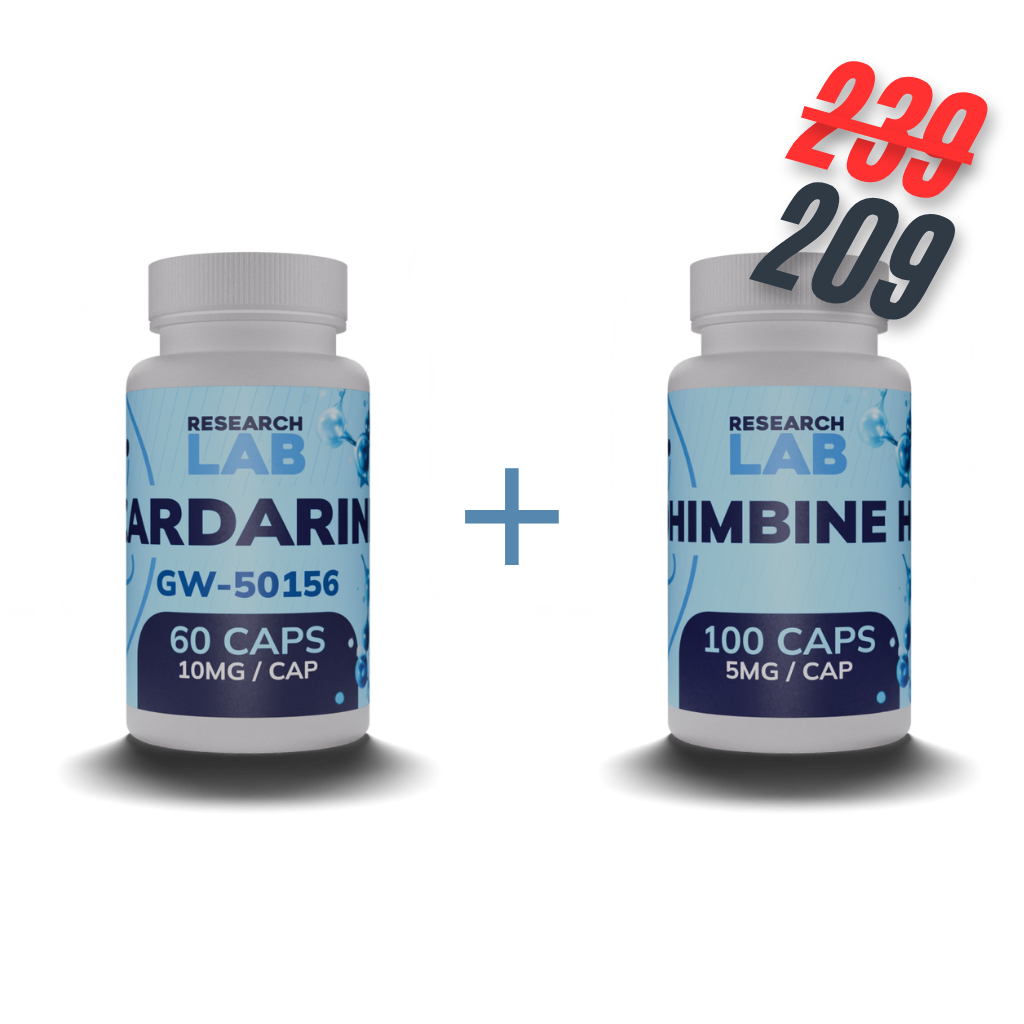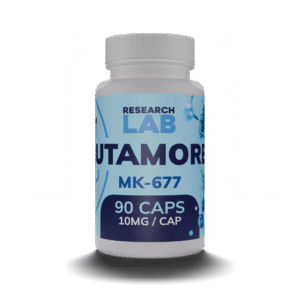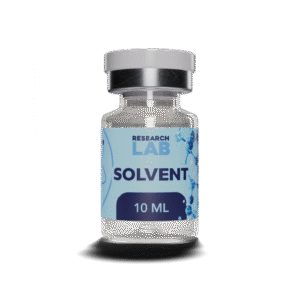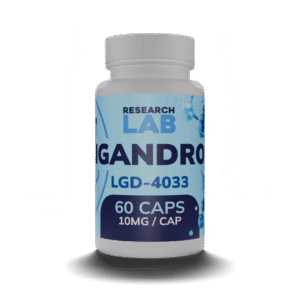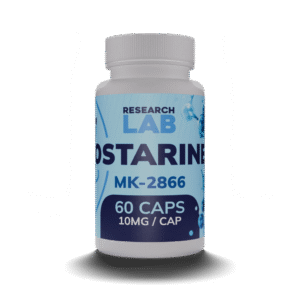GW-501516 is a chemical compound classified as a selective agonist of the PPARδ receptor (Peroxisome Proliferator-Activated Receptor delta). Originally developed as part of research into the regulation of lipid and glucose metabolism, GW-501516 is now primarily used as a reference substance in laboratory and experimental studies.
Also known as Cardarine, GW-501516 is not approved for medical use.
Research Applications: GW-501516 is used exclusively in laboratory research, including:
-
molecular experiments on the activation of nuclear receptors,
-
analysis of metabolic pathways related to lipid regulation,
-
studies on the effects of PPARδ agonists on gene expression related to energy metabolism in non-clinical models.
No clinical trials have confirmed the safety of GW-501516 in humans, and earlier preclinical studies have indicated potential adverse effects with long-term use in animal models.
Yohimbine HCl (Yohimbine Hydrochloride) is an alkaloid compound derived from naturally occurring yohimbine, which is isolated from the bark of the Pausinystalia yohimbe tree. The synthetic form exists as a hydrochloride salt, characterized by high water solubility, making it suitable for chemical analyses and preclinical research applications.
Research Applications: Yohimbine HCl is used in laboratory settings as a reference chemical in studies of adrenergic receptors, particularly α2-adrenergic receptors. It is commonly employed in experimental models including:
-
pharmacological studies of receptor interactions,
-
analyses of effects on the sympathetic nervous system in preclinical settings,
-
in vitro tests related to neurotransmission and signal modulation.
The products do not have the status of an approved drug, supplement, or food product. They must not be used for medical or cosmetic purposes, or in any form of consumption by humans or animals.
